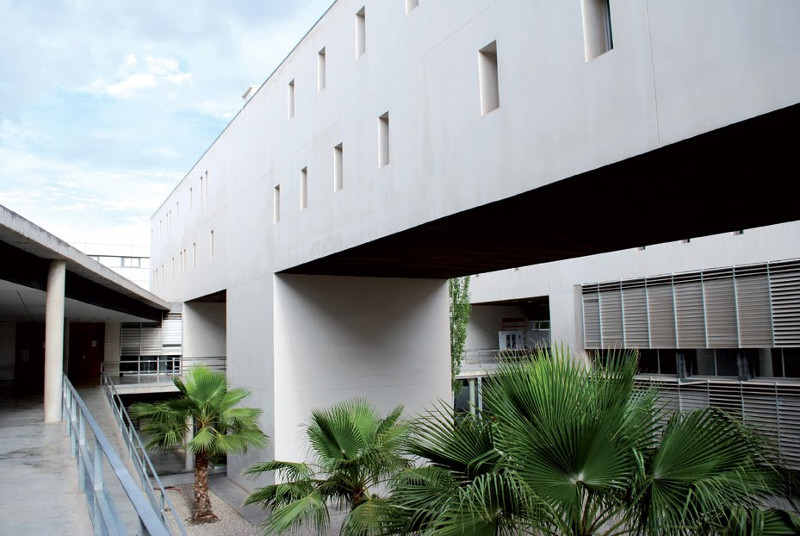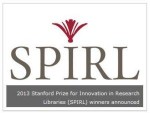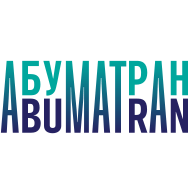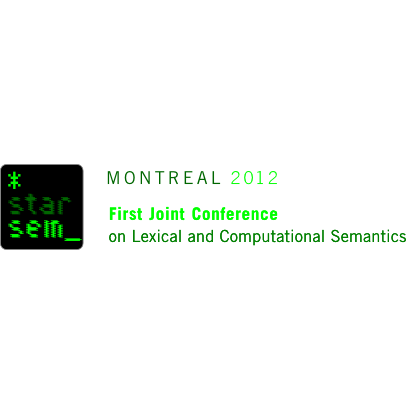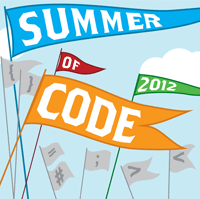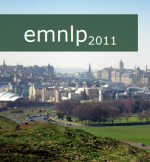Treballar amb el grup Transducens pot ser una bona elecció per al vostre treball de fi de grau o màster, o les vostres pràctiques a empreses. Us introduireu en un entorn de treball dinàmic i flexible que us permetrà començar a desenvolupar algunes de les competències necessàries per a poder incorporar-vos posteriorment en equips d’investigació i desenvolupament en tecnologies avançades. Si esteu interessats, teniu una pàgina amb més informació.
